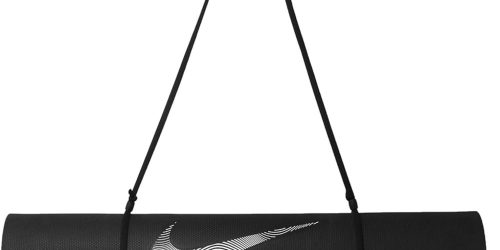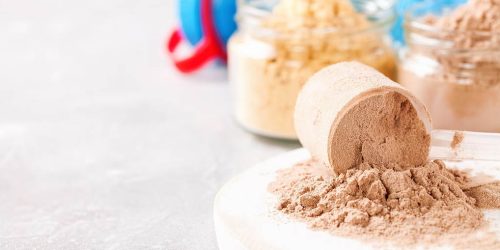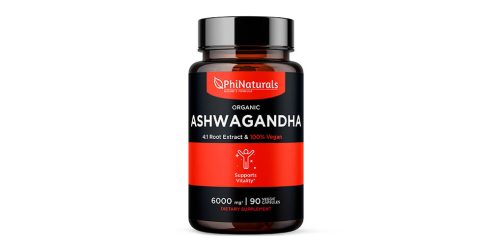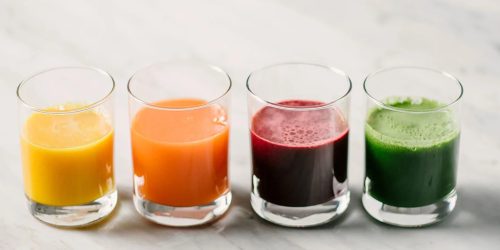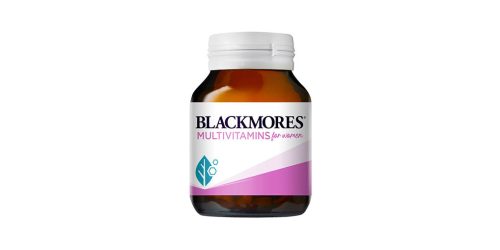Maple Syrup vs. White Sugar: Which Is Healthier? Unlocking the Secrets Behind Sweetness
I not only focus on trends and beauty, but I’m also passionate about making healthy choices in daily life. Today, I want to talk about a popular food topic — maple syrup and white sugar, and explore their health differences. We all know that sugar is a common source of sweetness in our lives, but are all sugars created equal when it comes to our health? Is maple syrup truly healthier than white sugar? Let’s dive in and find out!
Maple Syrup vs. White- Sugar: What’s the Difference?
Before we explore the health aspects, it’s important to understand where these two sweeteners come from and how they’re made.
Where Does Maple Syrup Come From?
Maple syrup is a natural sweetener derived from the sap of maple trees. Each spring, the sap is harvested by tapping into the tree trunks, filtered, and then boiled down to concentrate the natural sugars. This syrup is not refined and retains its natural flavors and nutrients. The process is entirely natural, giving maple syrup a distinctive taste and making it a more wholesome option compared to highly processed sugars.
Where Does White Sugar Come From?
On the other hand, white sugar is made from either sugar cane or sugar beets. It undergoes a multi-step refining process where impurities are removed, and it is eventually bleached and processed into the familiar white granules. This refining process strips away almost all of the nutrients, leaving sugar as pure sucrose with no additional health benefits. White sugar is primarily just “empty calories,” providing energy but little to no nutritional value.
From these descriptions, we can already see that maple syrup and white sugar are vastly different in terms of their origin and processing methods.
Nutritional Comparison: Does Maple Syrup Win?
Although both maple syrup and white sugar are high in sugar content, their nutritional profiles differ significantly.
Nutritional Components of Maple Syrup
While maple syrup is high in sugar, it contains a variety of essential minerals and antioxidants that white sugar lacks. These include:
- Minerals: Maple syrup is rich in essential minerals like manganese, zinc, calcium, and potassium. Manganese is crucial for metabolism and antioxidant defense, while zinc supports immune function.
- Antioxidants: Maple syrup is also packed with polyphenols, which are antioxidants that help fight free radicals in the body, slow down aging, and protect cardiovascular health.
- Vitamins: Maple syrup contains small amounts of vitamin B2 (riboflavin) and vitamin B5 (pantothenic acid), both of which play important roles in energy metabolism and maintaining healthy skin.
In comparison, white sugar provides no additional vitamins, minerals, or antioxidants, making maple syrup a more nutrient-dense option.
Nutritional Components of White Sugar
White sugar, on the other hand, contains almost no nutrients. It’s essentially just a refined form of sucrose, offering pure energy but no beneficial compounds. Since it’s stripped of vitamins, minerals, and antioxidants, white sugar is considered an empty-calorie food.

Glycemic Index: Which Sweetener is Friendlier to Your Blood Sugar?
Another important factor to consider when choosing a sweetener is its glycemic index (GI). The glycemic index measures how quickly a food causes blood sugar to rise after consumption. Foods with a high GI can cause rapid spikes and crashes in blood sugar, while those with a lower GI are gentler on the body and maintain stable energy levels.
Glycemic Index of Maple Syrup
Maple syrup has a relatively low glycemic index compared to white sugar, generally ranging from 54-65 (depending on the brand and concentration). While it’s still a sugar, the lower GI means that maple syrup causes a slower, more controlled rise in blood sugar levels, making it a better choice for those trying to avoid rapid blood sugar fluctuations.
Glycemic Index of White Sugar
In contrast, white sugar has a higher glycemic index, usually around 60-65. Although this is similar to maple syrup’s range, white sugar causes a more immediate spike in blood glucose. This rapid increase can lead to energy crashes and is one of the main contributors to conditions like obesity and diabetes.
Thus, from the perspective of blood sugar control, maple syrup is clearly the better option, especially for people with diabetes or those concerned about their blood sugar levels.
Maple Syrup as a Healthy Alternative: Use in Moderation
Despite its nutritional benefits, maple syrup still contains a high level of sugar, which means it should be consumed in moderation. Excessive sugar consumption — regardless of whether it’s from maple syrup or white sugar— can still lead to negative health effects.
Enjoy in Moderation, for Sweetness with Benefits
If you love adding a little sweetness to your breakfast, maple syrup can be a great alternative to white sugar. It’s perfect on pancakes, waffles, or in yogurt, and it offers a healthier option thanks to its additional nutrients. You can also use maple syrup in baking as a substitute for sugar, adding natural flavor and nutritional value to cakes, cookies, or other desserts.
Avoid Overuse
That being said, even though maple syrup is healthier than white sugar, it is still a sugar and should be used in moderation. It’s best to enjoy maple syrup as an occasional sweet treat and to monitor your overall sugar intake. The general recommendation is to limit your sugar intake to no more than 10% of your total daily calories. If you stick to this, maple syrup can be part of a balanced and healthy diet.
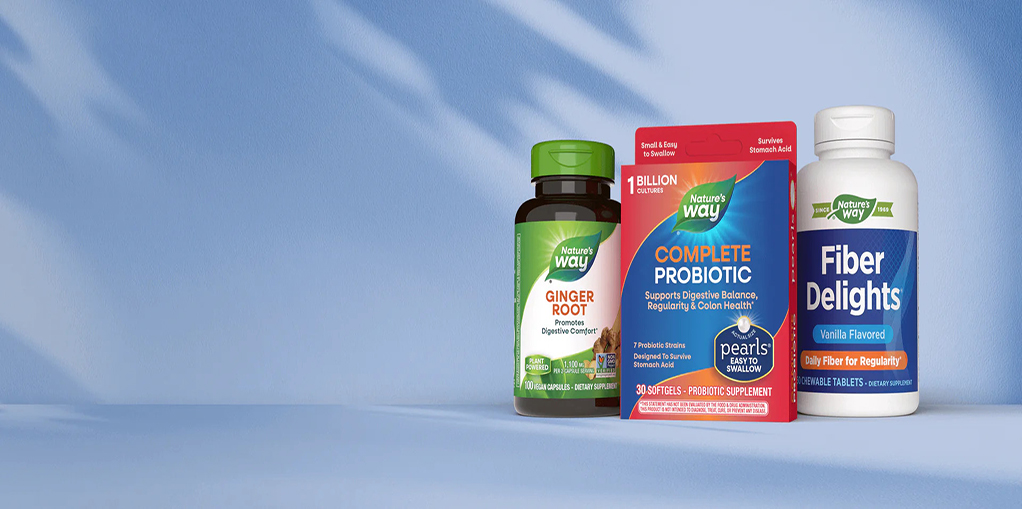
Brand Recommendations: Healthier Sweet Options
Finally, I’d like to recommend two brands that offer high-quality maple syrup and other natural sweeteners. These brands prioritize quality and sustainability, providing not only delicious maple syrup but also promoting a healthier lifestyle.
1. Nature’s Way
Nature’s Way is a well-known brand for providing organic and natural products, and their organic maple syrup is a prime example. Harvested from North American maple trees, their syrup is pure and unrefined, preserving the authentic flavor and nutritional benefits. Nature’s Way is a fantastic choice for those looking for a high-quality, natural sweetener.
2. Wholesome Sweeteners
Wholesome Sweeteners offers a variety of organic, non-GMO sweeteners, including maple syrup sourced from sustainable agriculture practices. Their commitment to environmental responsibility and quality makes them a popular choice for those looking to enjoy sweet treats without sacrificing health. Their maple syrup is flavorful, pure, and a great addition to any health-conscious kitchen.
Sweetness in Moderation
While both maple syrup and white sugar are sugary substances, maple syrup stands out for its superior nutritional profile and lower glycemic index. It provides beneficial minerals, antioxidants, and vitamins, making it a healthier alternative to white sugar. However, like all sugars, it should still be consumed in moderation. If you use it wisely, maple syrup can be part of a balanced and healthy diet.
Whether you’re enjoying a breakfast treat or adding flavor to your baked goods, choosing maple syrup as a healthier option can make a real difference to your overall health. Remember, moderation is key, and with the right choices, you can enjoy sweetness with added health benefits!
